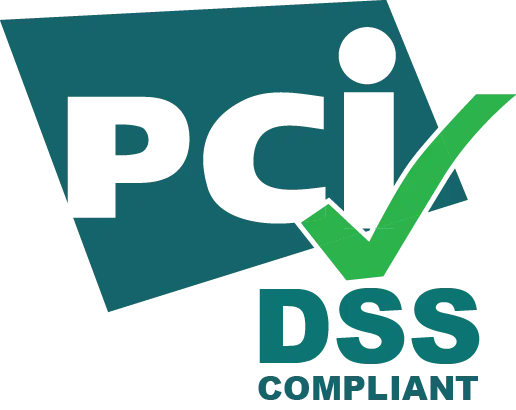Secure Payment Systems with PCI DSS Compliance
PCI DSS (Payment Card Industry Data Security Standard) is a set of security standards designed to ensure that all organizations that accept, process, store, or transmit credit card information maintain a secure environment. It was established by the Payment Card Industry Security Standards Council (PCI SSC) to protect cardholder data and reduce the risk of payment card fraud.


